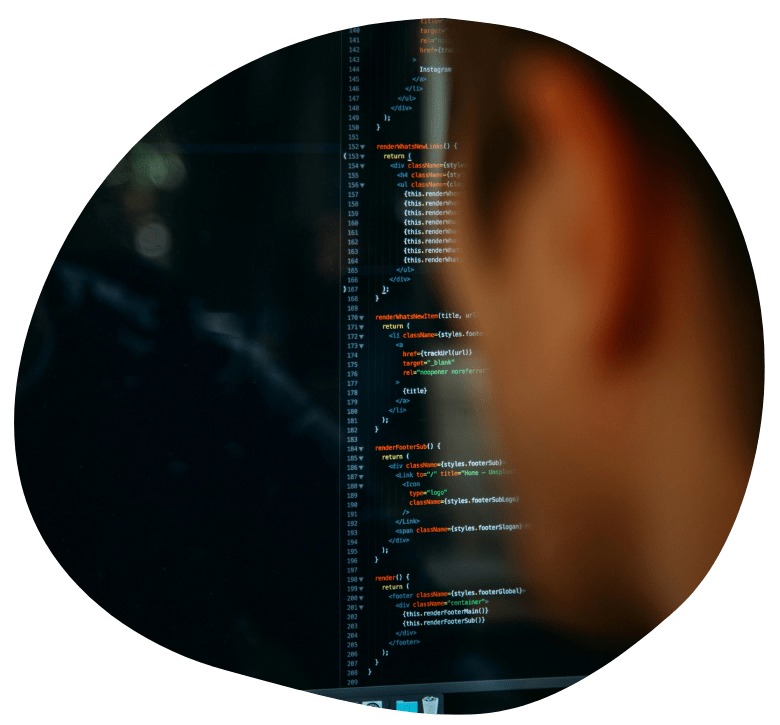Cybersecurity Architecture
Security Architecture Consulting and Implementation provide organizations with a customized, scalable, and resilient security foundation, ensuring adaptability to evolving cyber threats.
Security Architecture Consulting and Implementation provide organizations with a customized, scalable, and resilient security foundation, ensuring adaptability to evolving cyber threats.

Security Architecture Consulting and Implementation are critical services for organizations aiming to establish a strong, resilient, and adaptable security foundation. These services are tailored to address the unique security requirements of each organization, considering factors such as industry, size, regulatory environment, and existing IT infrastructure. By integrating these services, organizations can ensure that their security posture is not only comprehensive but also scalable and capable of adapting to the constantly evolving landscape of cyber threats.



By offering these specialized services, Falcon Guard can provide clients with tailored, robust security architectures that are designed to address the specific challenges of modern cybersecurity. Each service enhances different aspects of an organization’s security posture, ensuring comprehensive protection against a wide range of cyber threats